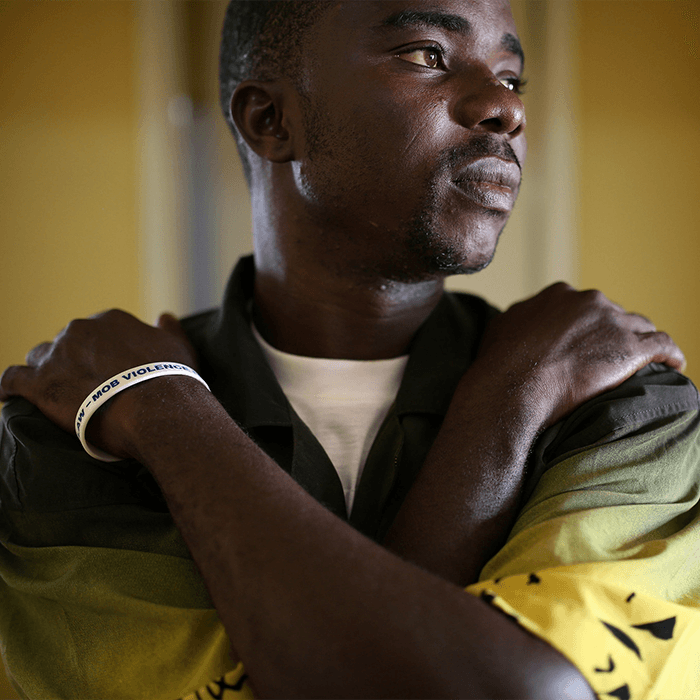R4D is working with countries to strengthen how health systems respond to population mental health and psychosocial support needs by collaboratively designing ethical and sustainable programs based on context-specific challenges and local priorities.
The Challenge
Countries are experiencing rapid increases in the burden of non-communicable diseases (NCDs), and population need for prevention, screening, diagnostics, and treatment of mental disorders is increasing globally. LMICs face a disproportionately high burden of mental, neurological, and substance abuse (MNS) disorders stemming from an interaction of biopsychosocial determinants, stress, unequal access to one’s social, economic, and political systems, and potentially traumatic events, including war. Three-quarters of the global MNS burden of disease is concentrated in LMICs—where MNS disorders cause almost 9% of the overall burden of disease, that rises to almost 30% when excluding mortality. As a result, the integral role that mental health and psychosocial support (MHPSS) services play in improving well-being is gaining recognition.
However, many health systems have responded inadequately. Limited access to MHPSS services is compounded—especially in fragile and post-conflict states—by pervasive stigmas about mental disorders and treatment as well as a systemic lack of government investment, human resources, medical supplies, and information systems.
The Opportunity
R4D’s approach aims to optimize key health system functions to help scale up quality MHPSS services at all levels of the health system in order to lower the prevalence and burden of MNS disorders.
R4D provides technical assistance to strengthen how health systems respond to population mental health needs across the policy, health facility, and community levels. We collaborate with local stakeholders to design ethical, feasible, and sustainable programs based on context-specific challenges and informed by local priorities. We support local actors to employ evidence-based strategies for priorities such as training mental health workers, providing psychotropic drugs, delivering MHPSS services in communities, and coordinating interventions across health system actors.
R4D’s Work
With support from the Victims of Torture Fund (VOT), USAID’s Bureau of Development, Democracy, and Innovation (DDI) partnered with the Results for Development under the Health Systems Strengthening Accelerator project to support the integration and strengthening of MHPSS services in Liberia’s health system.R4D collaborated with the Liberian Ministry of Health’s Mental Health Unit and local stakeholders to identify and address challenges that result in care, quality, and prevention gaps in the provision of MHPSS services as part of comprehensive primary health care. Through our local partners, the Liberia Association of Psychosocial Services (LAPS) and Phebe & Esther Bacon College of Health Sciences, we:
- Led the country’s first multi-stakeholder forecasting and quantification exercise for mental health drugs in Liberia to help prevent stock-outs.
- Enhanced government supervision and oversight of mental health programming in Liberia by developing a database of trained Mental Health Clinicians and implementing a mental health ledger in the country’s DHIS2 platform, fostering routine data collection at the facility level.
- Supported strategic planning for mental health in Liberia by supporting Ministry leadership to convene local MHPSS stakeholders in a workshop in Margibi County to review and revise the National Mental Health Policy and Strategic Plan (2023 -2032).
- Strengthened local institutions to train and deploy the mental health workforce developing a BSc curriculum on Psychiatric Nursing and imparting evidence-based approaches for implementing an impactful, sustainable, and cost-effective training program.















